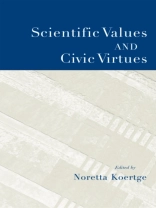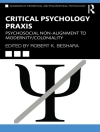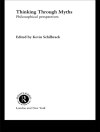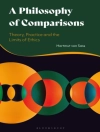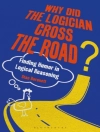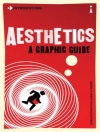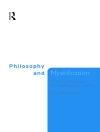This volume of contributed essays, a follow-up to Noretta Koertge’s successful book on the science wars, A House Built on Sand, takes an affirming, positive view of the relationship between the values embodied in science, and the nature of a civil society. It argues that recent attacks on the probity of science undermine the possibility of rational discourse in the political arena. While science has traditionally been viewed as incorporating intellectual virtues like honesty and precision of language, the contributors to this volume point to additional benefits, examining the idea that science can serve as a source of, and inspiration for, civic virtues–in the need to be well-informed about the way the world works, in tolerating the viewpoints of others, and in functioning as a fully global enterprise dedicated to the public good. The contributors–who include philosophers, political scientists, physicists, biologists and engineers–look at examples of scientific virtues in action and how they might be used as inspirations and practical resources for improving civic society. The volume will appeal to a similarly broad audience interested in the relationship between science and society.
Noretta Koertge
Scientific Values and Civic Virtues [EPUB ebook]
Scientific Values and Civic Virtues [EPUB ebook]
Compre este e-book e ganhe mais 1 GRÁTIS!
Língua Inglês ● Formato EPUB ● ISBN 9780190291488 ● Editor Noretta Koertge ● Editora Oxford University Press ● Publicado 2005 ● Carregável 3 vezes ● Moeda EUR ● ID 9521789 ● Proteção contra cópia Adobe DRM
Requer um leitor de ebook capaz de DRM
